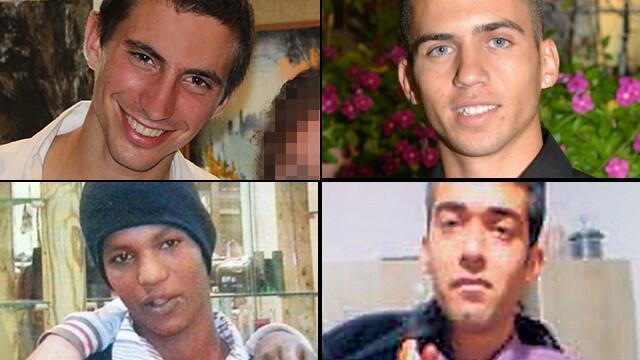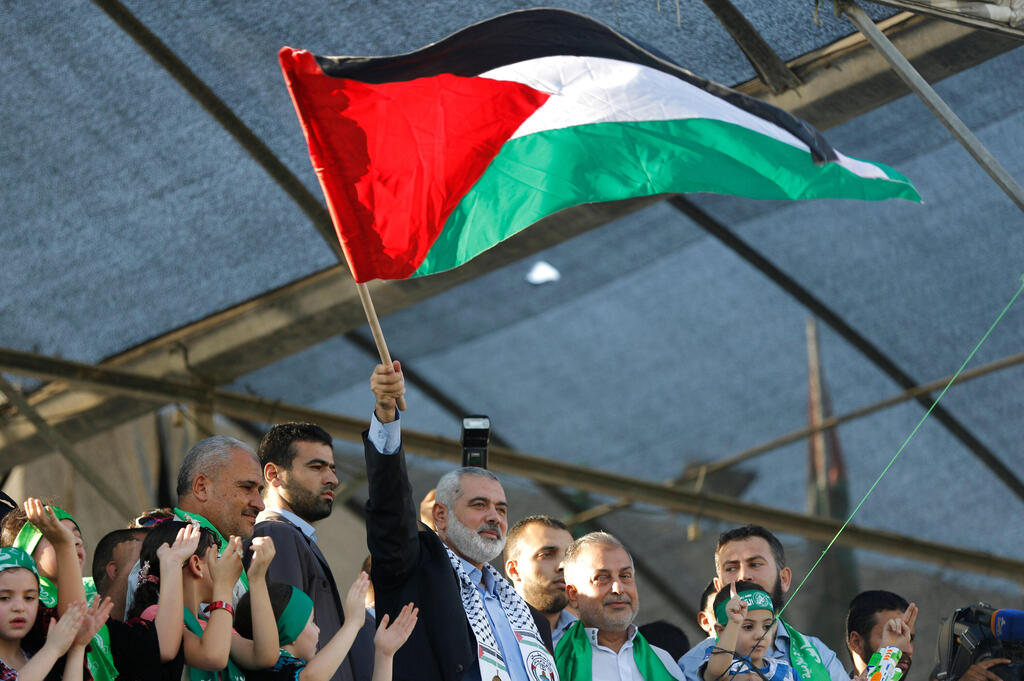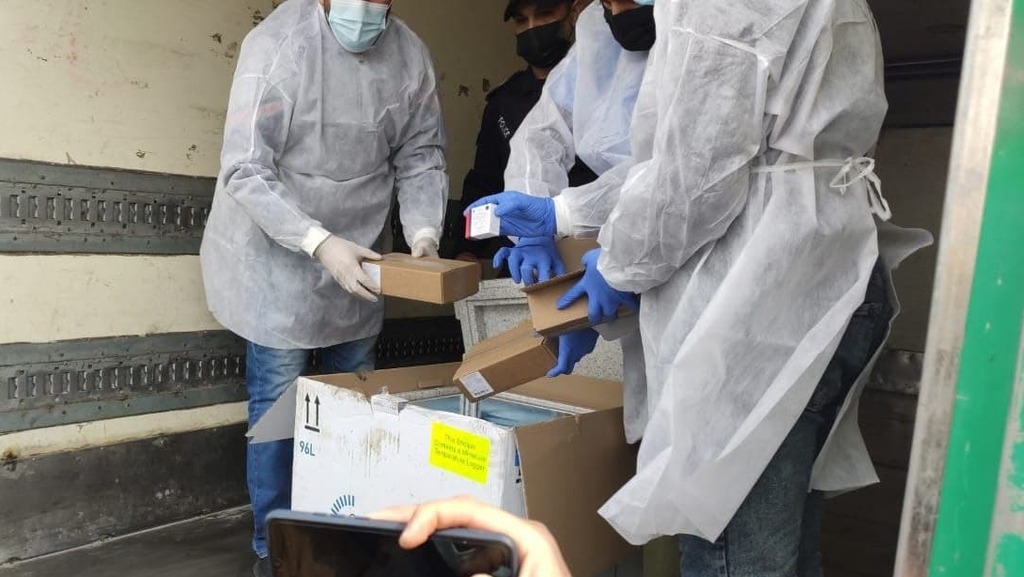Getting your Trinity Audio player ready...
Israel is not only a Jewish and democratic state but also a nation founded on the principle of humanism. Wherever a disaster strikes anywhere around the world, Israel is the first to lend its hand in aid, be it Turkey, or Thailand or now the Gaza Strip.
The health of the Palestinians in the West Bank and Gaza (especially the workers making a living in Israel) should be a top priority for the country's leadership, beyond the moral, religious and ethical aspects involved.
As far as I see it, providing vaccines to the people of the Gaza Strip is not a show of weakness, but of strength. It does not hinder Israel's security interests, but helps maintain the calm along the southern frontier.
It also boosts Israel's public-relations efforts, which emphasizes the contrast between Jerusalem's humanitarian endeavors and Hamas' continued hostility.
The vaccine shipment does hinder any further efforts to return the Israeli citizens and fallen soldiers held captive by Hamas, among them my brother Oron Shaul (who was killed in battle during the 2014 Gaza war). Any deal to bring them back will have to include a prisoner swap and the Israeli government already knows this, which is why I don't oppose a small-scale transfer of the vaccines.
Aiding Gaza will only boost Israel's position with Hamas' leadership and the people of the Palestinian enclave, helping to build cooperation and dialogue between the two sides since current prisoner swap negotiations seem to head nowhere.
3 View gallery


Clockwise from top left: Fallen soldiers Hadar Goldin and Oron Shaul, captives Hisham al-Saeed and Avera Mengistu
Israel's decision-makers also know full well that the only way to bring our boys back home is a prisoner swap deal, even if they tell the media that no vaccines will enter the Strip as long as it does not cooperate on humanitarian issues.
These mantras do little but serve their public image and cover their lack of success in returning the captives and MIAs. In reality, these political slogans only further hamper any potential progress.
For six and a half years, Israel had chosen to punish Gaza by halting some humanitarian aid and for six and a half years, my brother Oron has been held by Hamas.
A revamp of Israel's policy toward the Gaza Strip is a process that could take decades and our leaders have not even started it, despite the lack of success of the current way they view and deal with the enclave.
3 View gallery


Hamas' top leader in the Gaza Strip Ismail Haniya (C) waves the Palestinian flag during a rally in Gaza City
(Photo: AFP)
Furthermore, in 2020 our family held meetings with ministers, security and Mideast experts, who time and time again said that conditioning the humanitarian aid for Gaza on the captives' return is an unrealistic and inapplicable policy.
Humanitarian aid to the Gaza Strip must include a deepening of ties and trust with the residents of enclave and Hamas' leadership, only then will any real progress be made in negotiations to bring back our boys.


